Bristol student designs sensory pod inspired by autistic son
- Published
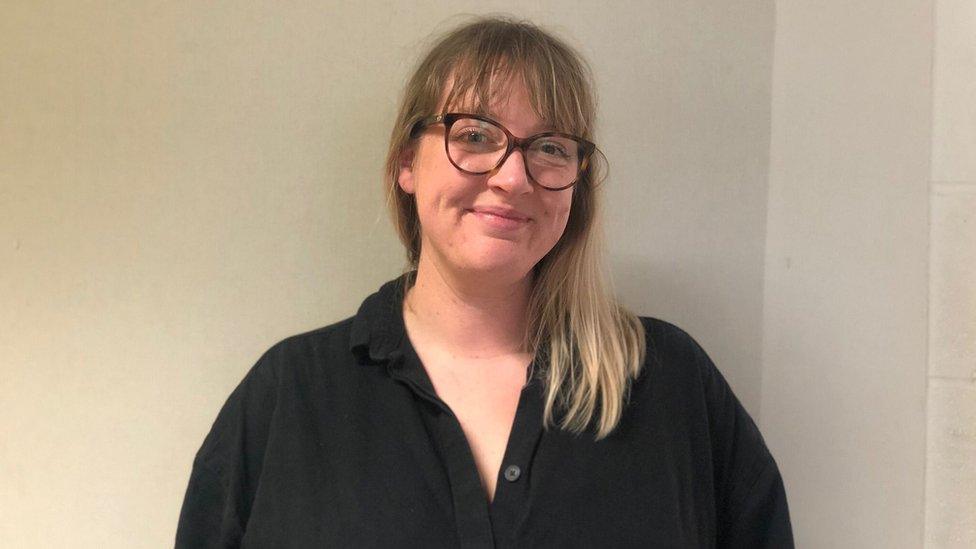
Angharad wants to make sure Joey Pods are affordable and can be adapted to each user
A Bristol student has designed a unique sensory pod to be used by people who have Autism Spectrum Condition (ASC).
Many neuro-divergent people experience high levels of anxiety, which can become overwhelming and lead to what is often described as a "meltdown".
Angharad created Joey Pods with input from Bristol's autistic community as a response to the anxiety attacks her son, Joey, experiences.
It is hoped they will be used in schools, hospitals and at busy events.
Joey said he felt "quite relaxed, quite safe in the pod".
Angharad, a computational architecture student at the University of the West of England, designed Joey Pods as part of her course.
She said there were some sensory deprivation pods already in the UK, but that they tend to be very large, inflexible plastic structures.
Joey Pods are made up of a modular, natural wood structure, which can be reshaped, resized and dismantled in a matter of minutes, with LED lights and headphones playing calming sounds.
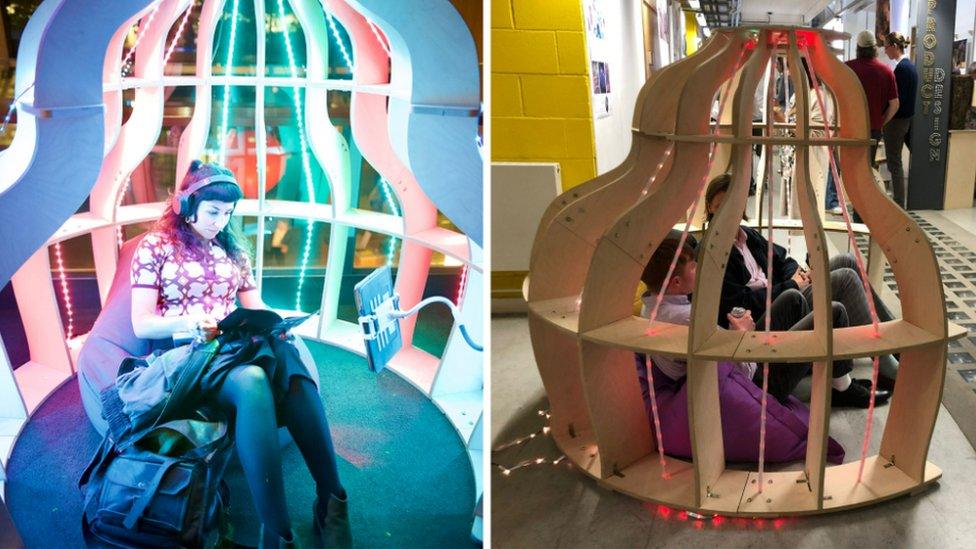
Joey Pods were designed with input from Bristol Autism Support
Joey, who is particularly affected by sound and vibrations, said: "I find it a bit harder to control my emotions so when it's a really crowded and really loud I start to freak out a bit."
The 12-year-old was diagnosed with autism in 2019 and is now home-schooled because of the sensory overloading he experienced in classrooms.
"There aren't any safe spaces for children to go to in school due to lack of space and funding and staffing," said Angharad, who also has attention deficit hyperactivity disorder (ADHD).
While many neuro-divergent people can be triggered by different things, Angharad hopes the Joey Pods will offer something to soothe everybody.
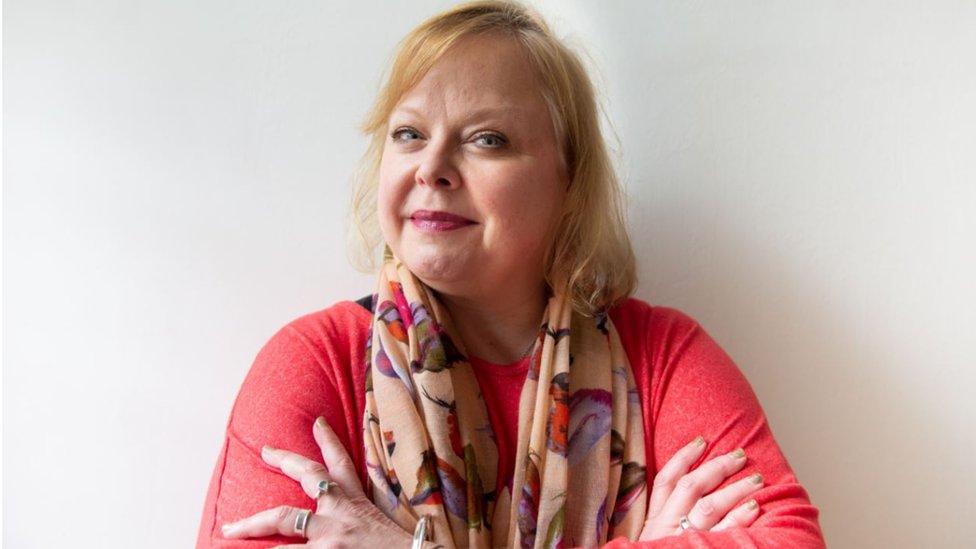
Kate Laine-Toner said Joey Pods offer a safe space by placing a "separation between you and the outside world"
Kate Laine-Toner, founder of Bristol Autism Support, said the new pods offered something unique and much-needed.
"All autistic individuals have some kind of sensory processing issue," she said.
"We can be over-sensitive or under-sensitive to sensory stimuli and if we go into a busy place we can actually be overloaded with sensory information and we might also be overloaded with emotional information."
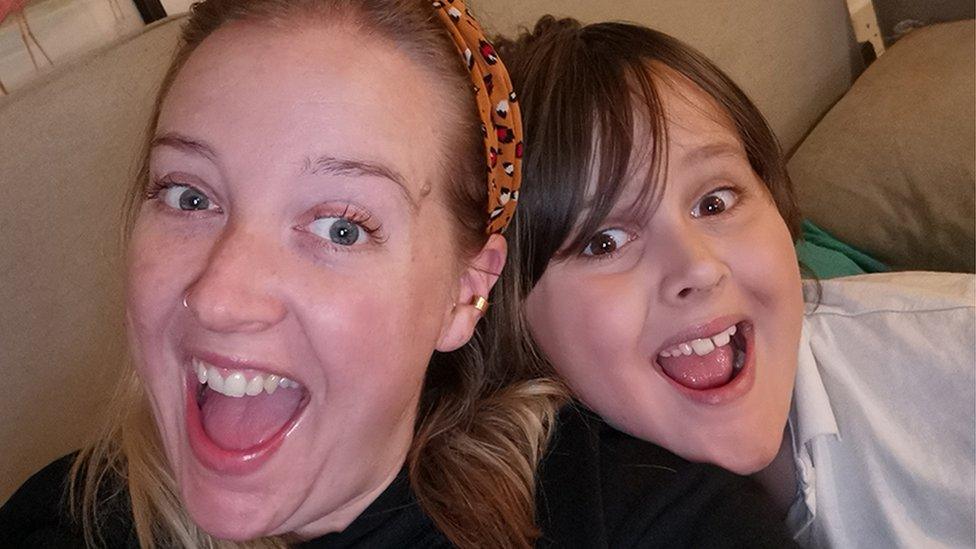
Joey said: "I'm really proud of my mum"
Ms Laine-Toner explained that can cause "almost like a brain-shutdown" leaving people with an "intense need" to get "back to our baseline and self-regulate".
The Joey Pods help to reduce that sensory overload by putting a barrier between the person and what is happening outside the pod, she said.
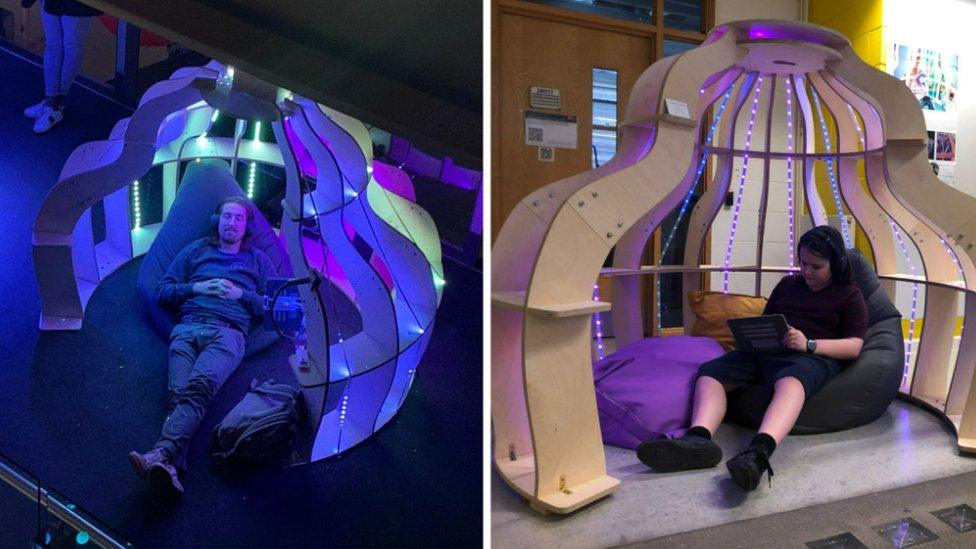
The Joey Pods could be being used in schools by the end of the 2022
Angharad, who also works as a Part 1 architectural assistant for Agile Homes, said she did not realise how many people who had autism or had it within their family felt isolated.
She blamed a lack of awareness about "meltdowns" or anxiety attacks, and "poor design" in architecture and Bristol city centre.
"I decided I couldn't change every building so I thought I need to think of a solution that I could design to put in buildings to help people," she added.
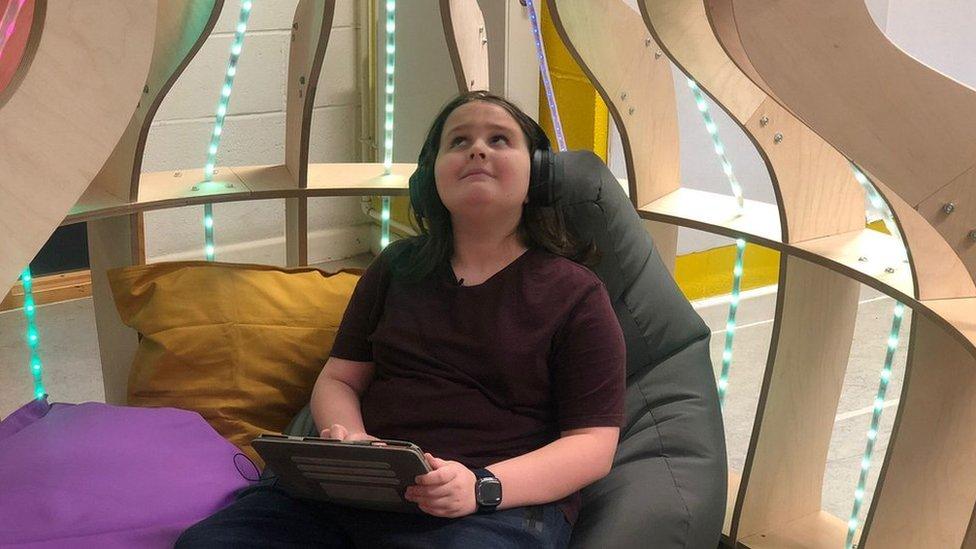
"I feel quite comfortable, quite relaxed, quite safe in the pod away from everyone else, just listening to noises and music," said Joey
Ms Laine-Toner said Bristol had wanted to be an autism-friendly city for a long time.
She said if all cities could offer Joey Pods, it would make the environment "more autism-accessible for a wider range of people".
It is hoped they will be introduced into local schools later this year and then into large events, such as festivals, in 2023.
"I feel really proud of my mum. I feel really happy that we're having an impact on the world, having an impact on people," added Joey.

Follow BBC West on Facebook, external, Twitter, external and Instagram, external. Send your story ideas to: bristol@bbc.co.uk , external
- Published22 January 2022

- Published18 November 2021
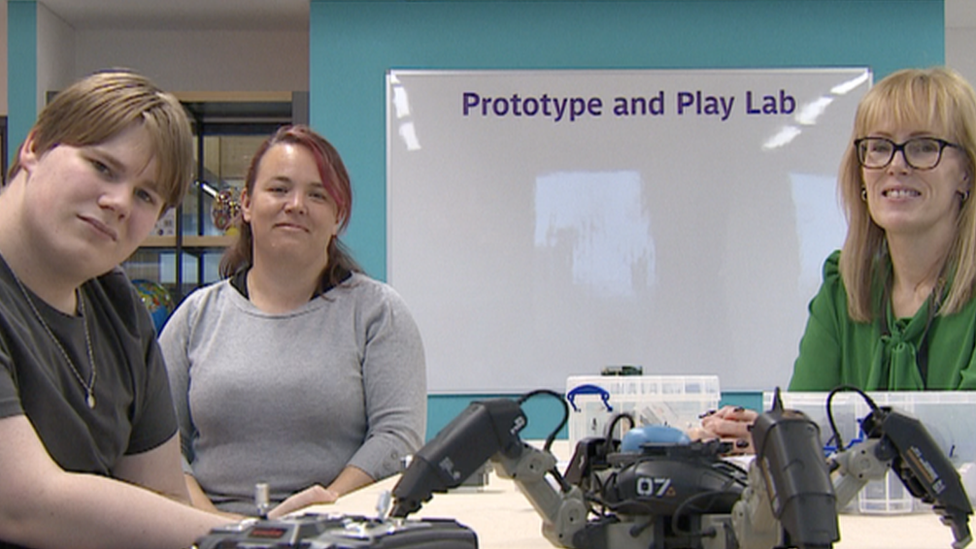
- Published16 June 2021
